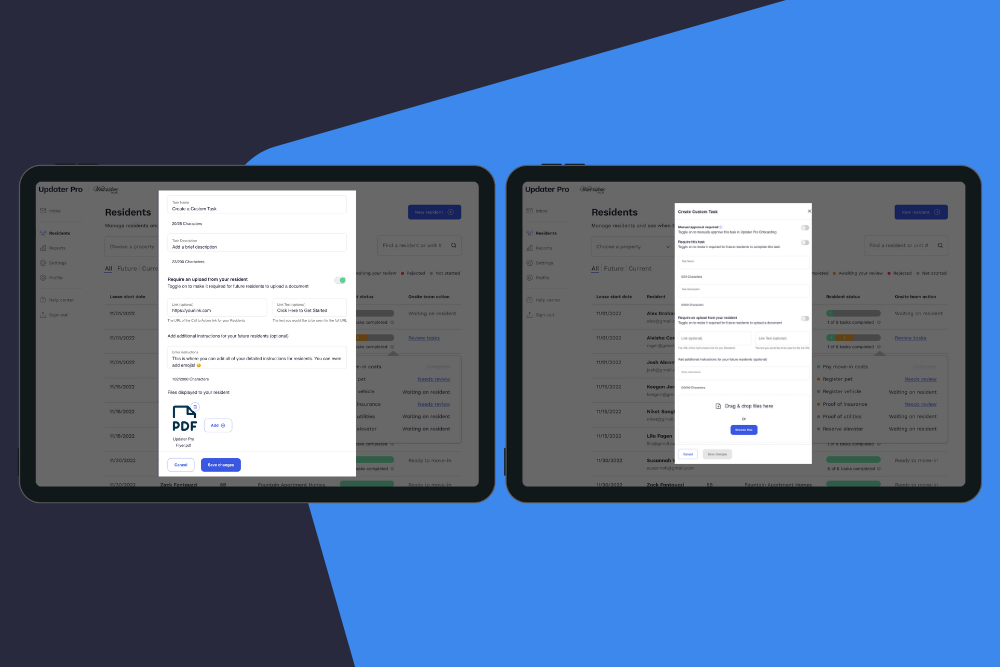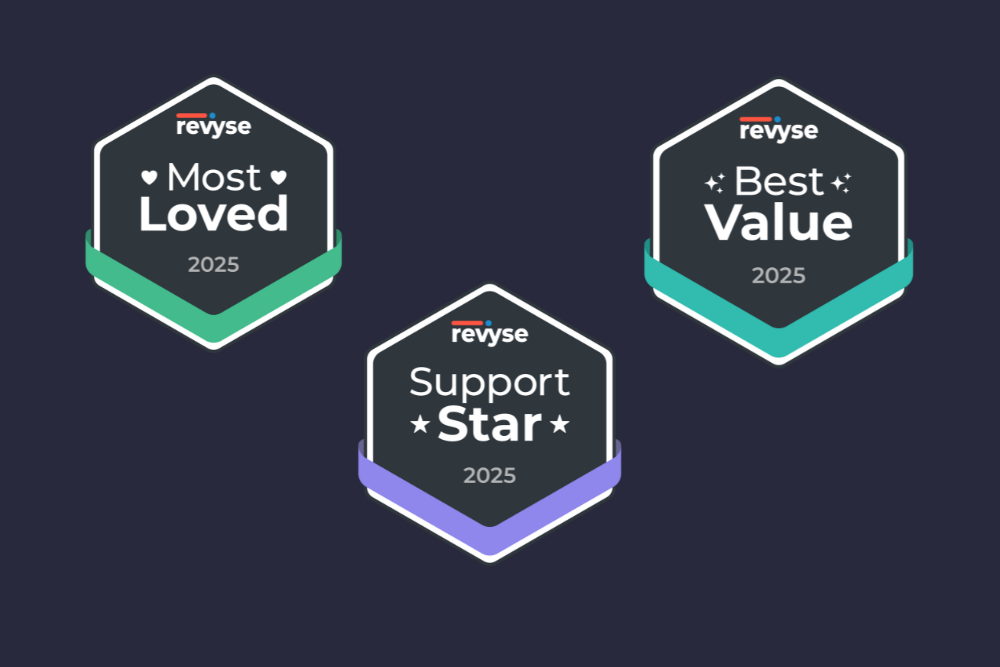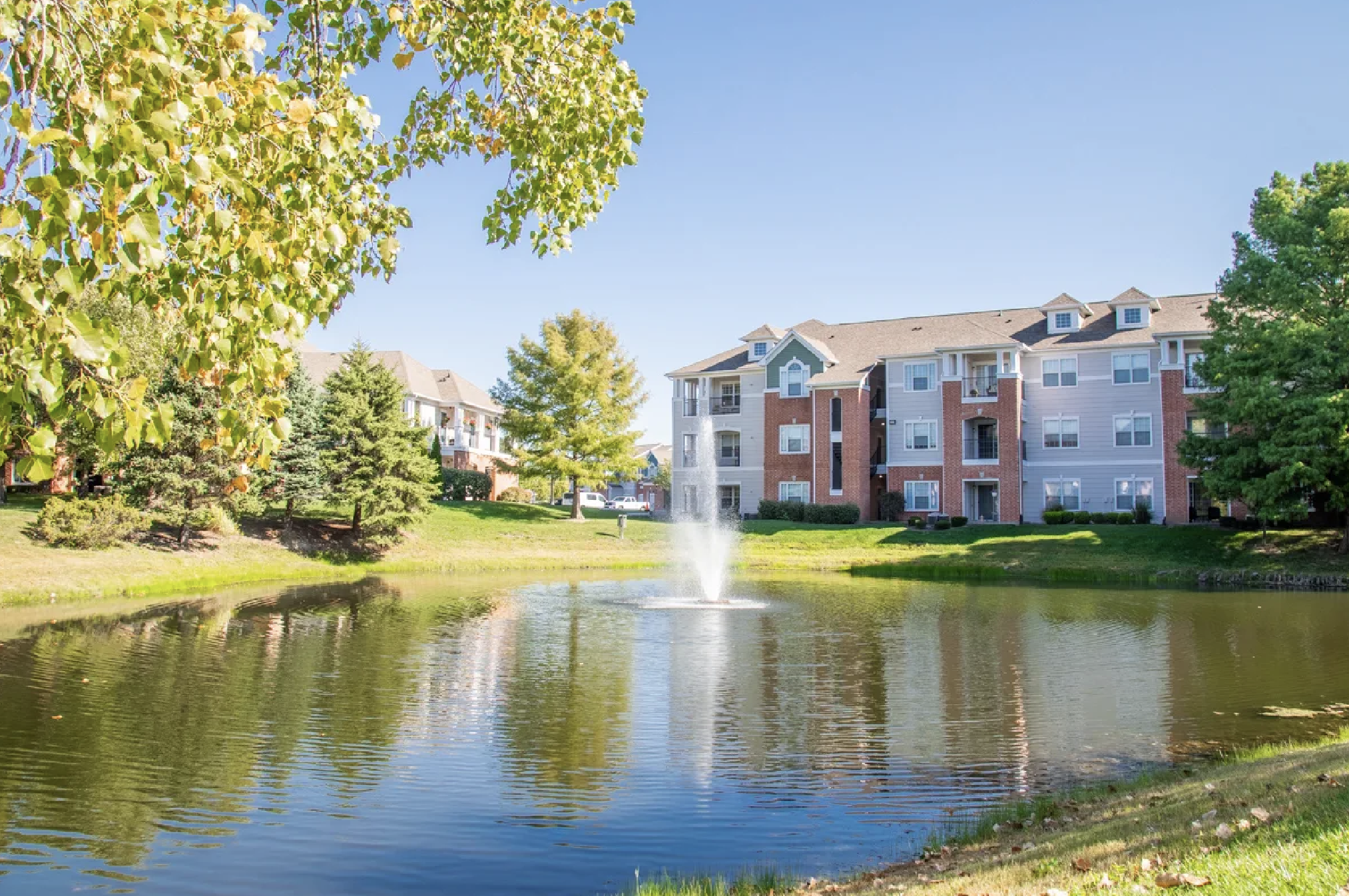What You Missed at MBA 2016 in Boston: Conference Recap

Integrations, digital mortgages, diversity, the American Dream, the election, affordability, #wickedgood, and more.
This week, the Mortgage Bankers Association held its annual conference in Boston, MA. Over the course of the conference, the Updater team spent time exploring partnership opportunities, learning from the brightest in the real estate finance business, and brainstorming digital solutions for today’s consumer.
Here’s a quick recap of each hot topic above.
Integrations
The common thread through all digital or tech-savvy conversations was integrations. “You can’t build everything yourself and end up in silos – you must integrate technologies to drive a frictionless process,” explained Nima Ghamsari of Blend. The lenders who become master integrators of technologies will possess a true competitive advantage. Working together to put the right products in place – in the hands of your borrowers and at the optimal time – is the key to success. There are a number of companies doing this well already, but more independent lenders should step up, take a risk, and give consumers what they want – a fully-integrated process that runs smoothly and requires maybe 2 signatures instead of 20.
Digital mortgages & technology
Are digital mortgages a thing of the future? Definitely.
How far away are we? It depends who you ask.
Answers varied widely, but everyone seemed to agree on the fact that we’re moving in the right direction as an industry. Adoption of digital, e-mortgages has already started and the fact that this topic was even discussed is pushing the conversations and the industry along nicely. Even though lenders have dealt with a lot of change over the past few years, change in this direction is welcome. But it must be presented in bite-sized increments. Iteration is the only way mortgages will go fully digital: start and optimize. Then optimize some more. And then some more. Incremental development is a good strategy in this space.
We didn’t catch many – if any – conversations surrounding consumer-facing marketing, generating more business, and new digital strategies to win business. Retail mortgages are a big element within the industry, but strategies to win in the market were largely overlooked. We believe that Updater can help lenders differentiate by offering strategic, contextual, and helpful value-added services to clients. Updater can help. Watch this quick video to see how:
Laura Kelly, Managing Director of Valuation Services at CoreLogic, however, did call for improvements to the consumer experience once you have a client. “There’s no reason why our businesses can’t be instant like Amazon, transparent like Uber, relevant like Netflix, and mobile like Facebook.” Nancy Pratt, VP of Partner Relations and Government Affairs at Pavaso added that while millennials are known to crave tech solutions that make their lives easier, all consumers should expect this; all consumers deserve more from their mortgage process.
Diversity
The mortgage industry “is about serving the underserved,” said Patty Arvielo, President of New American Funding.
But, why are certain communities underserved? Minorities are dying to own their own homes, dying to get the homes back that they lost in the recession, but they want to work with people they trust. They want to own, but may be scared to death of foreclosure. They may have credit scores of 750, but not realize that they qualify for a loan, simply because there’s not a ton of outreach to their communities. Lenders need to empower minority communities to realize that there are products and counseling available to help secure a mortgage.
The American Dream
Is it dead? No matter what this year’s presidential candidates may say, the American Dream is very much alive. But it’s not for everyone and it doesn’t need to include a yard with a white picket fence.
An entire education session detailed the “New” American Dream – wings, not roots – and how this shift in mentality will affect our industry. Millennials, single females focused on their careers into their 30s, and older retirees who want to be mobile in their golden years – these are all groups that are shifting the American Dream from a “stay put” mentality to a “move freely” mentality.
These consumers want to live in urban areas and they don’t want to be tied down to a mortgage. According to MBA research shared at the Economic Outlook session hosted by Michael Fratantoni, Chief Economist at MBA, the aggregate U.S. population is growing faster in the suburbs relative to downtown sections of our cities. However, in 50 of our largest cities, the population of college-educated, 25-to-44-year-old Americans is growing 3 times faster in downtown areas than in the suburbs. Translation: condo mortgages may spike with this new mentality.

The 2016 presidential election
We’re only a few days from one of the most contentious elections in modern American history. We heard varying viewpoints and hypotheses throughout the week on what Hillary will do in office and what Donald will do in office. However, one theme remained constant – “our new president can have an impact on the mortgage industry and housing if they choose to have an impact,” said Lorraine Woellert of Politico. Neither candidate has made housing policy a focus of his/her campaign.
It’s possible that reforms could be made, but it will largely depend on the controlling party in both the Senate and the House of Representatives.
It’s also highly likely that our next president will address the student loan issue in America. Reform in student loans may trickle over to the mortgage and housing industries if students still exit college with crippling debt.
Fun fact: According to National Mortgage News, the presidential candidate who received the most donations from the mortgage industry has won every election since 1992. Hillary is outpacing Donald in mortgage donations.

Affordability
One of the biggest issues facing our industry, noted throughout all education sessions and all conversations, is the consumer’s recent propensity to pivot toward affordable housing and rentals.
This issue boils down to pure inventory. Builders are still trying to ramp up inventory that dropped off during the recession, and there’s a lack of entry-level properties for first-time buyers. Additionally, lenders have had a difficult time reaching people who don’t plan on being homeowners anytime soon. How can we educate soon-to-be buyers on the various options for homeownership that are available and, essentially, right at their fingertips?
On a separate note on affordability, we want to give a shout-out to all companies, supporters, partners, and staff at the MBA Opens Doors Foundation for all that you do. The Foundation helps families of critically-ill children stay in their homes by donating mortgage and rental assistance grants, ensuring the families make their payments. With a sick child in the house, the last thing you want to worry about is bills. The MBA Opens Doors Foundation has secured over 1,000 individual and corporate donors who have generated over $930,000 in housing assistance. You all deserve a round of applause.
There are many ways to get involved with the MBA Opens Doors Foundation:
- Shop Amazon Smile in honor of MBA Opens Doors Foundation. With every eligible Amazon purchase you make, a portion of the charge will go to the foundation at no extra cost to you.
- Simply text “ODF” to 20222 to donate $25 instantly. Learn more here.
- And much more. Get involved today!
#wickedgood
The term “wicked” isn’t just your average, everyday adverb. It’s a lifestyle in Boston. It’s used to describe sports teams, the people, the chowder, and much more. However, MBA used it to characterize the fun sessions throughout the conference. A few things we found to be particularly #wickedgood at MBA this year:
- The wicked diverse education sessions, from topics to speakers and content.
- The wicked gorgeous Boston Park Plaza Hotel.
- The wicked awesome Boston Red Sox baseball signing sessions.
- The expo hall, filled with wicked smart technology companies.
- The wicked bright individuals who graduated with CMBs this year, the wicked dedicated MBA board members who served in 2016, and those who will serve in 2017.
- The wicked extraordinary lives of Captains Mark and Scott Kelly, U.S. Navy Pilots and NASA Astronauts.
- The wicked entertaining James Taylor.

For those who missed the conference this year, we hope this recap is helpful. Fee free to leave your thoughts and comments below, and we hope to see you at #MBAAnnual17 in Denver!
More Industry Insights

Five leadership lessons multifamily can steal from sales (courtesy of Kevin Ducey’s conversation with Tony Sousa)
15 December 2025

What great sales leadership can teach multifamily about resident satisfaction
15 December 2025












